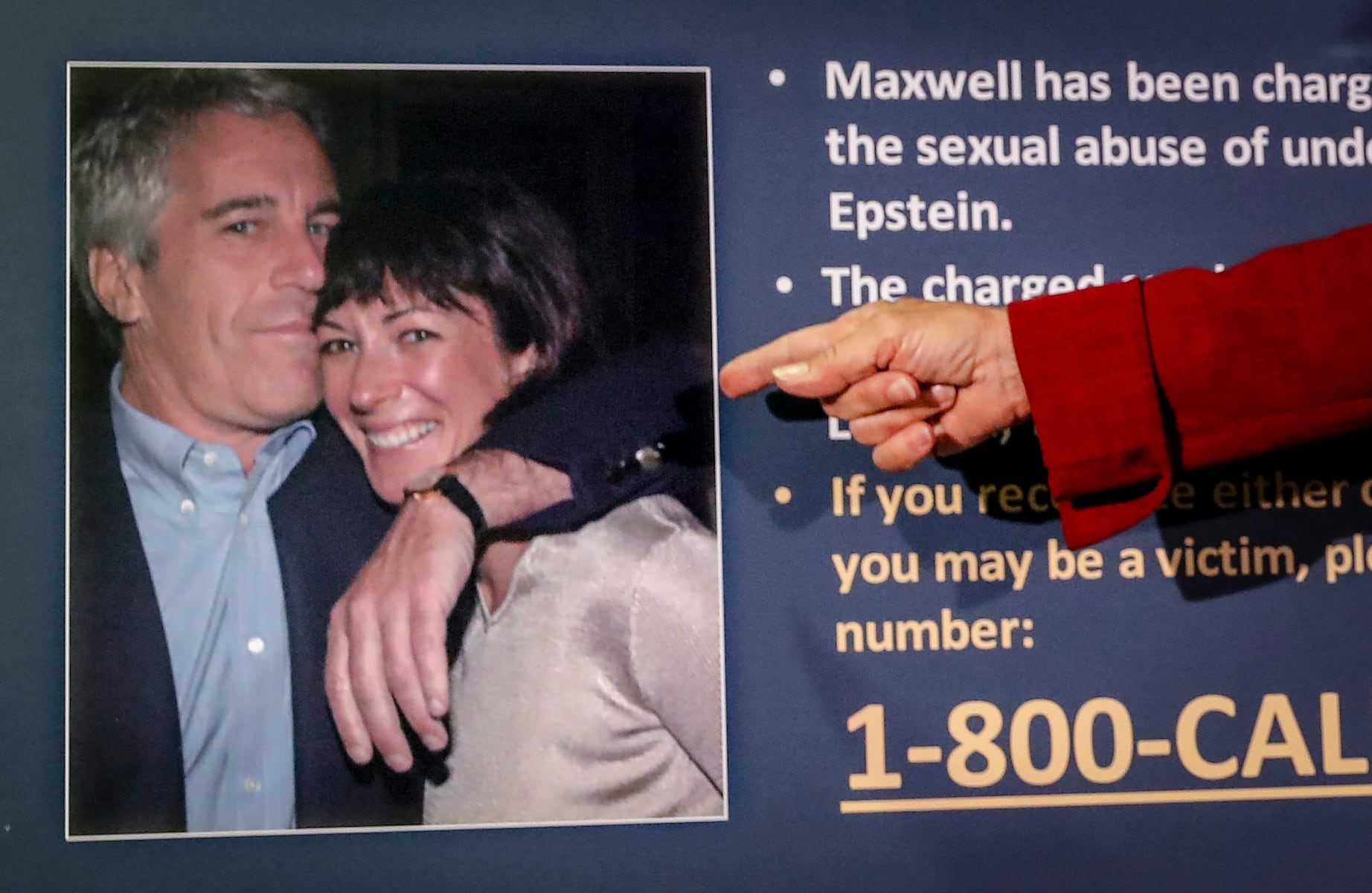A significant revelation has emerged from the secretive federal grand jury proceedings that led to the indictments of Jeffrey Epstein and his associate, Ghislaine Maxwell: none of the alleged victims testified directly before these panels. This detail, disclosed by Justice Department officials in a recent court filing, sheds new light on the investigative process behind one of the most scrutinized and controversial sex trafficking cases in recent memory, fueling public interest and ongoing speculation.
During their sessions in 2019, the Epstein grand jury heard testimony from only a single witness, an FBI agent, while the Maxwell grand jury, convening across 2020 and 2021, received input from the same FBI agent and a New York Police Department detective. This limited scope of direct testimony is not inherently unusual for grand juries, which primarily serve to determine if sufficient evidence exists to bring charges, rather than to establish guilt, often relying on law enforcement presentations.
Despite the grand juries’ conventional practices, the Justice Department is now actively urging the courts to unseal the transcripts of these proceedings. Officials argue that the immense public interest surrounding the Epstein and Maxwell cases justifies the rare disclosure of such records, while simultaneously assuring judges that releasing these documents would not harm the victims who have already endured significant trauma.
The push for transparency comes in response to inquiries from two judges whose approval is necessary for the unsealing of these confidential records. Citing a 1997 U.S. Circuit Court of Appeals ruling, the Justice Department emphasizes that judges possess broad discretion, and public interest alone can serve as a compelling basis for releasing grand jury information, underscoring the extraordinary nature of this request.
The tragic death of Jeffrey Epstein in a federal jail in August 2019, weeks after his arrest on sex trafficking charges, continues to generate widespread attention and numerous conspiracy theories. His and Ghislaine Maxwell’s notorious links to powerful and famous individuals, including members of royalty, former presidents, and billionaires, have only amplified public fascination and demands for accountability and transparency regarding their crimes.
Ghislaine Maxwell is currently serving a two-decade prison sentence following her conviction on sex trafficking charges, which involved luring teenage girls for sexual abuse by Epstein. Recently, she participated in extensive depositions in Florida, where she answered questions about a hundred different individuals, a development stemming from former President Trump’s directive to gather and release any credible evidence concerning others potentially involved in similar crimes.
Donald Trump has consistently denied any prior knowledge of Epstein’s illicit activities, asserting that he severed ties with the financier long ago. Nevertheless, his past association with Epstein continues to draw scrutiny, at times overshadowing his administration’s accomplishments. When pressed by reporters last week about the possibility of pardoning Maxwell, Trump notably deflected, instead highlighting his administration’s perceived successes.
The recent court memorandum also clarified that many of the victims whose exploitation accounts were presented to the grand jury by law enforcement agents later provided direct testimony at Maxwell’s public trial. This subsequent testimony offered a more direct avenue for victims’ voices to be heard in a public forum, distinct from the grand jury’s fact-finding mission.
Furthermore, the government has noted that no Epstein or Maxwell family members have yet expressed interest in the unsealing of the grand jury transcripts, although Maxwell herself has indicated her intention to file a formal position with the court. This situation highlights the complex legal and social dimensions of a case that undeniably holds significant public interest, extending beyond the immediate criminal proceedings.





Leave a Reply